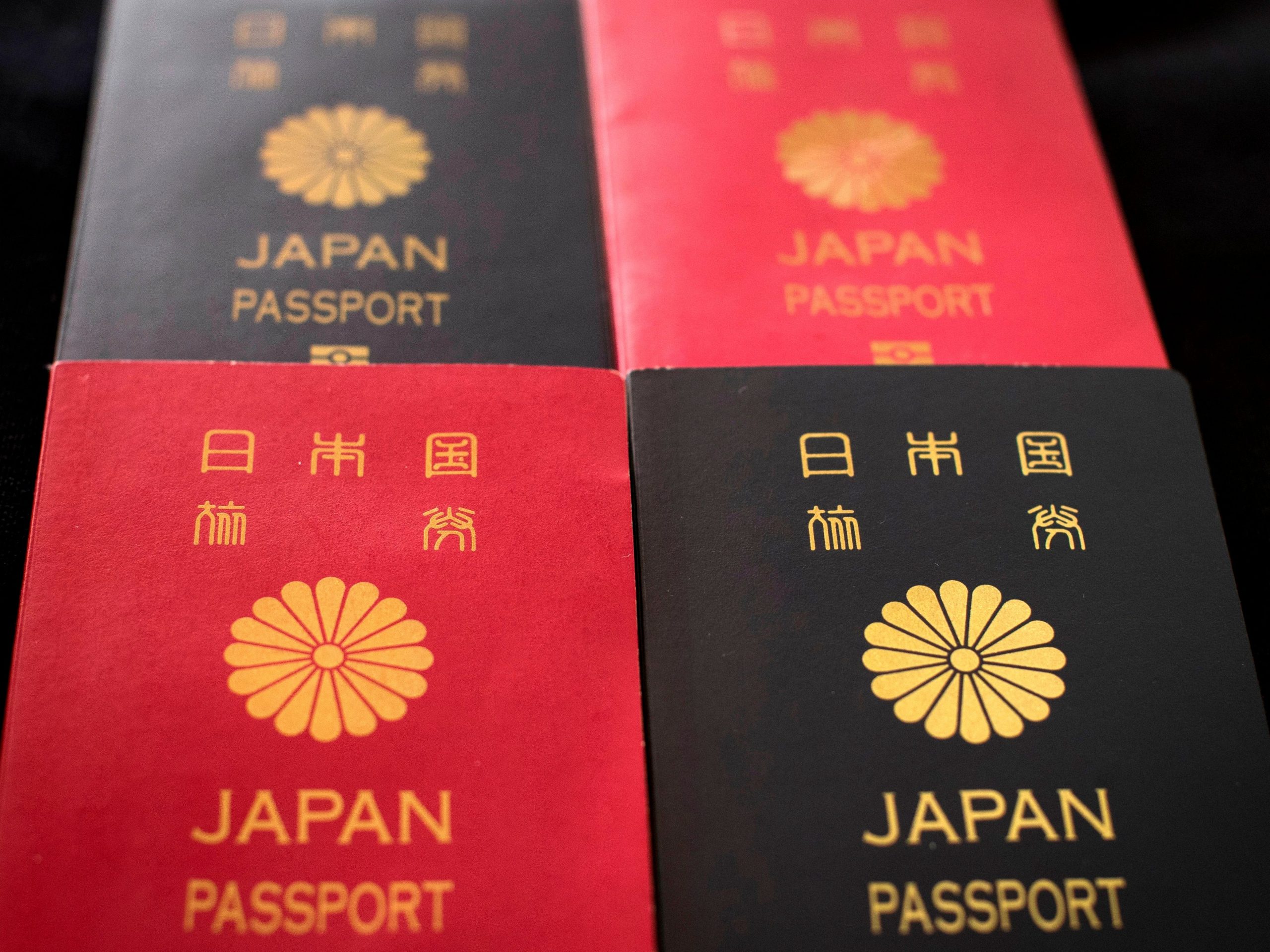
Behrouz Mehri/AFP via Getty Images
- Asia is becoming less tolerant of dual citizenship, with outright bans on holding two passports.
- The Chinese, for instance, are encouraged to report people who secretly hold dual citizenship.
- Dual citizens in Hong Kong were also told in February that they would not receive consular protection.
- Visit Insider's homepage for more stories.
Asia is becoming less tolerant of dual citizenship, as nations have adopted stricter stances on holding two passports.
China, for instance, is coming down hard on its dual citizens.
For one, the Chinese have now been encouraged to report people who secretly hold two passports due to Beijing's zero tolerance for dual nationality.
Most recently, dual citizens in Hong Kong were told in February that they would not receive consular protection.
Hong Kong chief executive Carrie Lam took a hardline stance against dual citizenship last month when she said that residents of Chinese descent born in the city or the mainland would "regarded as Chinese nationals." Lam added that this policy would be "strictly enforced," and Hong Kong residents would, by extension, not be entitled to British consular protection.
This decision came after Beijing announced that it would no longer recognize the British National Overseas passport as a valid travel document or form of identification.
According to a CTV News report, a dual citizen of Canada and China jailed in Hong Kong was forced to choose between their two nationalities. This decision, according to CTV News, meant that they would lose their right to maintain residency in Hong Kong if they declared themselves to be Canadian - but declaring themselves Chinese would rule out any future help from the Canadian government.
"This dual citizenship issue has always been weaponized by the Chinese Communist Party to suppress dissent and use it to criminalize individuals who they deem as a danger to the regime," said activist Cherie Wong, executive director of the advocacy group Alliance Canada Hong Kong to CTV.
Meanwhile, Japan also reinforced its anti-dual citizenship policy in January, when a Tokyo court upheld its ban against holding multiple citizenships. Japanese citizens who hold dual citizenship are required to pick one passport by their 22nd birthday.
Reuters reported that the case, brought by Japanese plaintiffs living in Europe who sought to retain their nationality even after taking foreign citizenship, had been thrown out in January. The case was brought before the court in the hope that Japan would grant plaintiffs dual citizenship, despite the country's concerns on taxation and diplomatic protection.
"I had to lose my Japanese citizenship just before I went to study at a university in Japan," one of the plaintiffs, Yuki Shiraishi, told Reuters.
"I felt a big sense of loss when I saw holes on my Japanese passport."
According to Reuters, around 900,000 people are estimated to hold dual citizenship in Japan today - and are required by law to renounce one of the two nationalities - yet are remaining silent, as Japan rarely enforces the rule.
A CNN report wrote that this trend in Asia seems to run counter to a global trend, as more countries worldwide have in the last 50 years become more accepting of dual citizenship.
CNN cited a 2019 paper by Maartin Vink, a professor of political sociology at Maastricht University in the Netherlands, which noted that in 1960, less than a third of countries worldwide allowed people to hold two nationalities, as opposed to three-quarters today.
The opposite is true in Asia now, as only a third of countries and territories in the region permit dual citizenship.